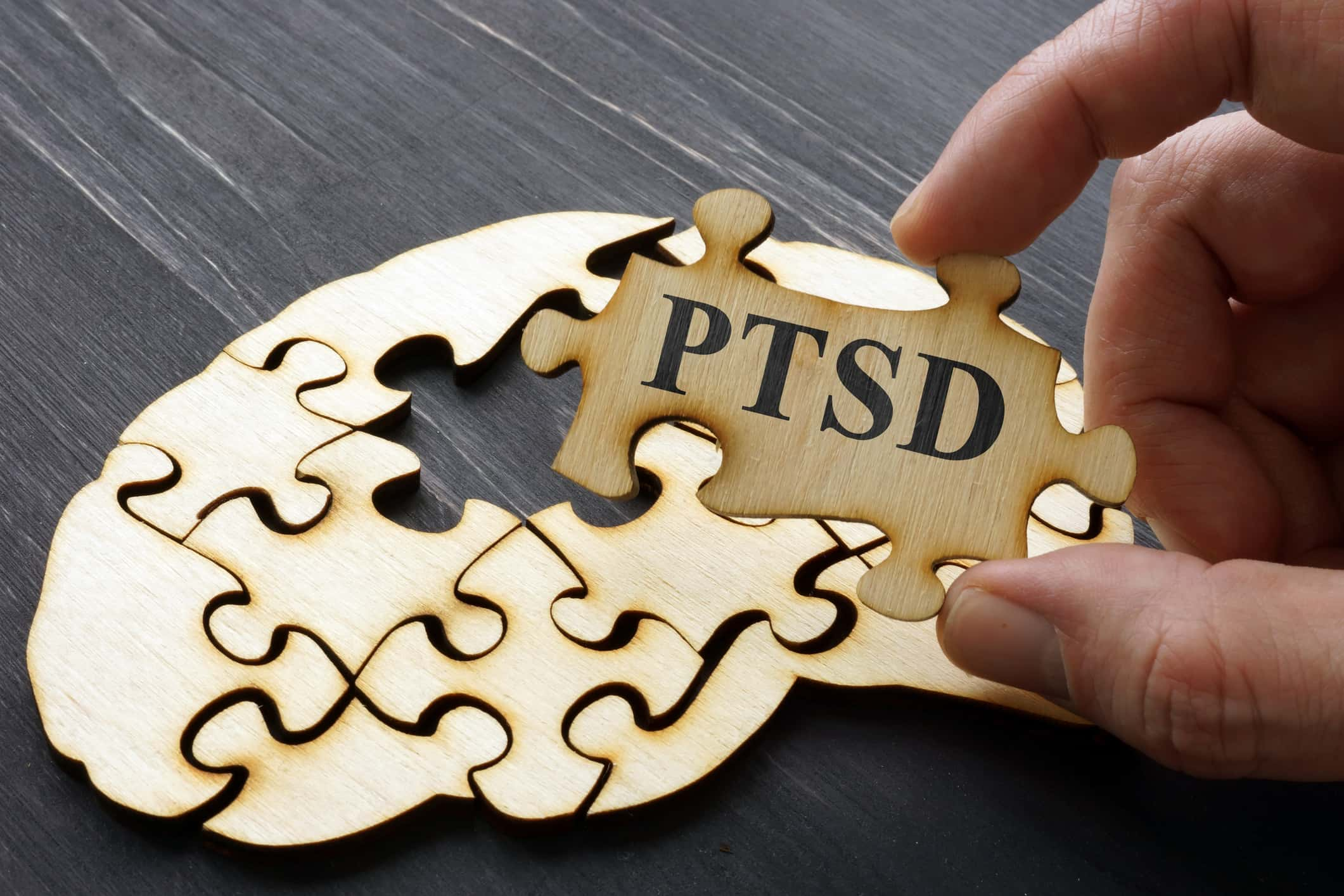Is Post-Traumatic Stress Disorder (PTSD) covered by WorkCover?
Published on Posted onWhen you experience a traumatic event at work it can have serious effects on your mental health. You may struggle with the psychological effects of having experienced or witnessed a traumatic incident at work for years to come, including developing PTSD.
Many people don’t realise that they are just as entitled to WorkCover benefits as workers who have suffered physical injuries, albeit might be more difficult.
Below is a short guide about PTSD, what it is, the risks of PTSD in the workplace and how to claim WorkCover benefits for work-related PTSD.
What is PTSD?
Post-traumatic stress disorder (PTSD) is a mental health condition that is triggered by experiencing or witnessing a terrifying or traumatic incident either as a single event or over an ongoing period.
It is common for people to experience some symptoms of PTSD for days or weeks after a traumatic incident, but most will recover on their own without the need for medical intervention. A person suffering from PTSD, however, may continue to experience symptoms many months or years after a triggering incident.
A person suffering from PTSD may experience some or all the following symptoms:
- Intrusive memories: Recurring and unwanted flashbacks or memories of the traumatic incident
- Psychological effects: Anxiety, irritability, being easily startled or frightened, trouble sleeping or trouble concentrating
- Negative changes to thinking and mood: loss of interest or pleasure in activities, detachments from friends and family, self-destructive behaviour, feelings of hopelessness or feeling emotionally numb
- Avoidance: trying to avoid thinking or talking about the traumatic incident or avoid places, people or activities that remind you of the incident.
Causes of PTSD in the Workplace
Some workers, such as the police, firefighters and paramedics are at a heightened risk of ongoing exposure to traumatic incidents because of the unique nature of their work.
However, this does not mean workers outside these industries aren’t also at risk. Workplace bullying, harassment or verbal and physical abuse is a serious risk to employees’ mental health in any workplace.
Is PTSD covered by WorkCover?
Yes. The WorkCover insurance scheme across all states, including Victoria and Queensland, covers workers who suffer physical and/or psychological injuries, including PTSD, arising out of or in the course of their employment.
WorkCover benefits are available to all workers, regardless of whether you are employed on a full-time, part-time or casual basis.
The other good thing is that WorkCover is a “no-fault” system, meaning you do not need to establish that your employer or a third party was at fault for your injury to access WorkCover benefits.
If your WorkCover claim is accepted, you may be eligible for three broad categories of benefits including:
- Weekly payments of compensation if you’re unable to return to work or return to your pre-injury hours
- Medical and like expenses, including consultation fees with your psychologist and/or psychiatrist
- A lump sum claim for a permanent impairment
You may also be entitled to a further lump-sum claim for common law damages. Your entitlement is based on a two-step process of demonstrating, first, that you have suffered an injury and second, that your injury was caused by the negligence of your employer or a third party.
Note: In Queensland, first responders and eligible employees diagnosed with PTSD can now access a streamlined pathway to make a workers’ compensation claim – meaning they don’t need to prove their PTSD was caused by work.
How do I claim WorkCover for PTSD?
Making a WorkCover claim for PTSD is the same process as any other work-related injury. As this guide explains, there are three steps to begin your claims process:
- Firstly, report the incident in which has caused your PTSD symptoms to your employer. You should report the incident in writing as soon as possible and within 30 days.
- Secondly, consult with your doctor about your symptoms. It’s important to explain to your doctor what has happened at work and what you believe has caused your symptoms. If you’re unable to work, obtain a WorkCover certificate of capacity from your doctor.
- Finally, prepare your WorkCover Claim Form and give it to your employer (along with your certificates of capacity). You can obtain a copy of a WorkCover Claim Form from the WorkSafe Victoria website, your local post office or your doctor.

